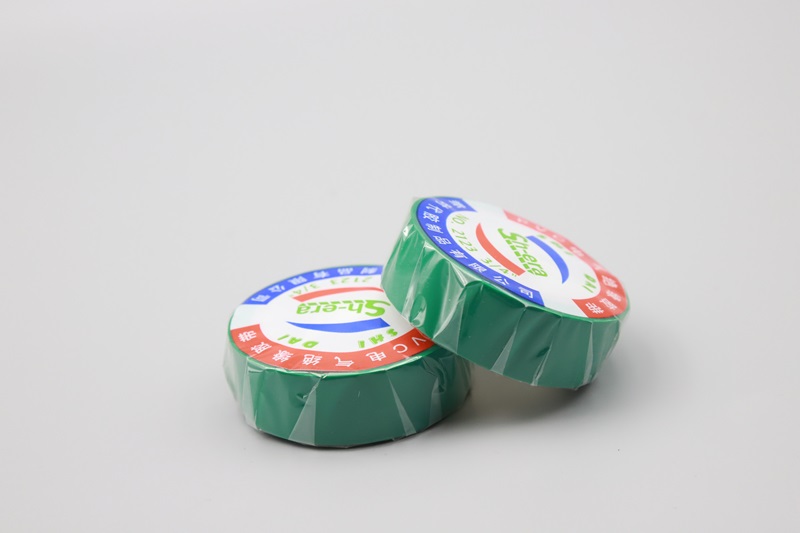PVC insulation tape, often referred to simply as electrical tape, is made from polyvinyl chloride (PVC) and is designed to insulate electrical wires and connections. It is available in various colors, which can be useful for color-coding wires in complex electrical systems. The key features of PVC insulation tape include:
Electrical Insulation: PVC insulation tape is specifically designed to prevent the flow of electricity, making it safe for use on live wires and connections.
Temperature Resistance: This tape can withstand a wide range of temperatures, making it suitable for both indoor and outdoor applications.
Durability: PVC insulation tape is resistant to moisture, UV rays, and chemicals, ensuring that it maintains its integrity over time.
Flexibility: The tape is flexible and can easily conform to the shape of wires and connections, providing a snug fit.
Adhesive Strength: PVC insulation tape has a strong adhesive that ensures it stays in place, even in challenging environments.

Why You Should Not Use Masking Tape Instead of Insulation Tape
Given the differences between PVC insulation tape and masking tape, it is clear that using masking tape as a substitute for insulation tape is not advisable. Here are several reasons why:
Safety Risks: The most significant concern is safety. Using masking tape on electrical wires can lead to short circuits, electrical fires, or even electrocution. PVC insulation tape is specifically designed to handle electrical currents, while masking tape is not.
Lack of Protection: Masking tape does not provide the same level of protection against moisture, dust, and environmental factors. This can lead to corrosion and damage to electrical connections over time.
Regulatory Compliance: Many electrical codes and regulations require the use of proper insulation materials for safety reasons. Using masking tape may not comply with these regulations, potentially leading to legal issues or insurance complications.
Performance Issues: Masking tape is not designed to withstand the same conditions as PVC insulation tape. It may peel, lose adhesion, or break down when exposed to heat or moisture, leading to failure in electrical applications.
Long-Term Costs: While masking tape may seem like a cheaper alternative in the short term, the potential costs associated with electrical failures, repairs, or safety hazards far outweigh any initial savings.

Post time: Mar-19-2025




